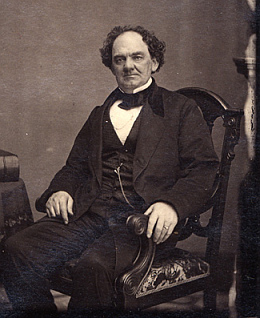Hijinks is the only common English word with three dotted letters in a row. Among proper nouns, Beijing and Fiji are better known than Australia’s Lake Mijijie, but all three lose out to the Katujjijiit Development Corporation, a property development concern in the Canadian territory of Nunavut.
Can we beat this? A reader tells me that pääjääjiiri is Finnish for “main ice mitre,” and possessiveness contains 18 consecutive dots in Morse code.
But the all-time winner must remain H.L. Mencken, who in 1938 ridiculed the New Deal by filling six columns of the Baltimore Evening Sun with 1 million dots — to represent “the Federal Government’s immense corps of job-holders.”

